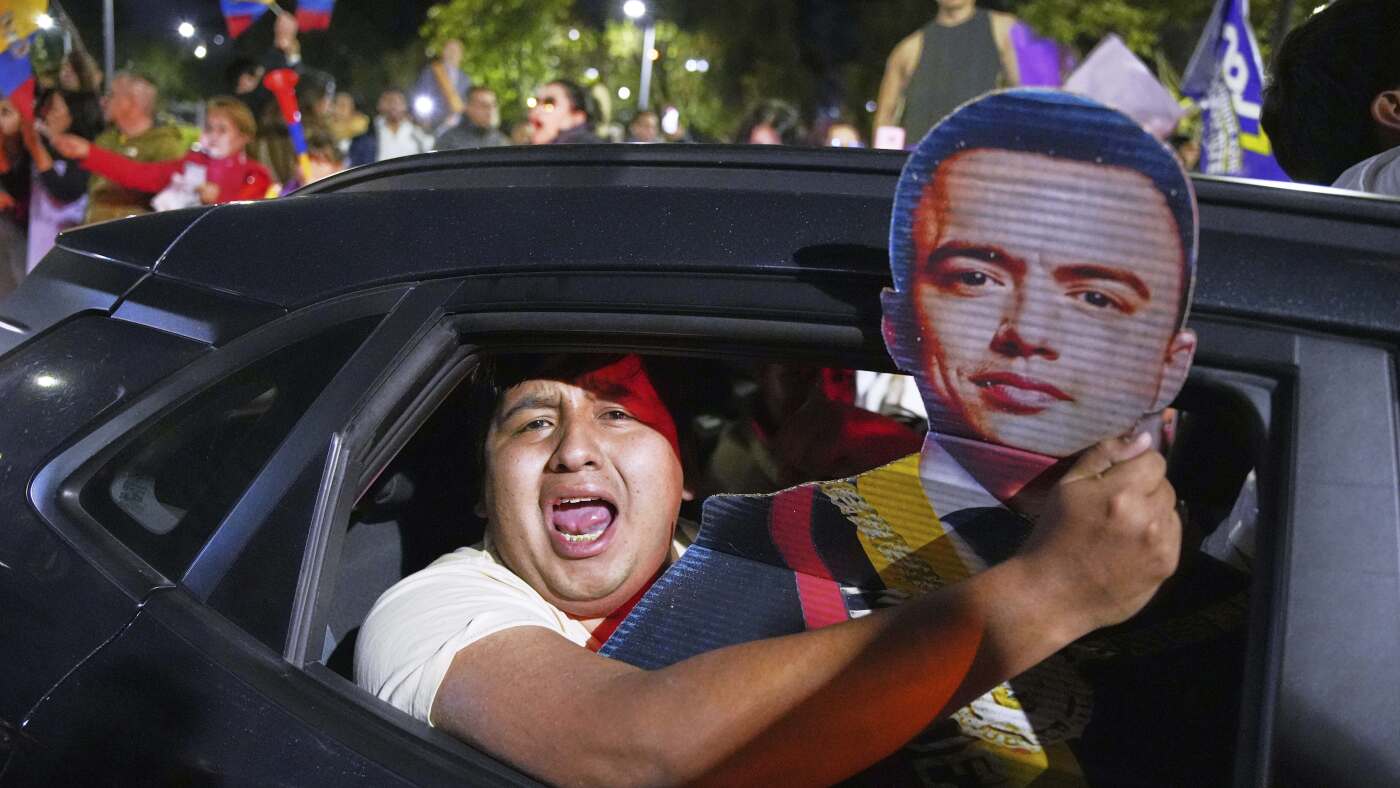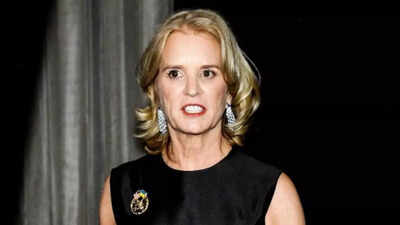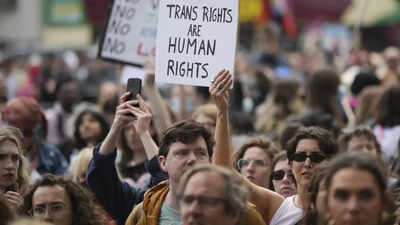Ecuador's President Daniel Noboa Secures Reelection Amid Controversy and Violence

GUAYAQUIL, Ecuador In a tightly contested election, Ecuadorian electoral officials have officially announced that President Daniel Noboa has emerged victorious. This declaration came just over three hours after the polls closed, a swift conclusion to a highly anticipated race. With a significant portion of the ballots countedover 90 percentNoboa, who has aligned himself closely with former U.S. President Donald Trump, is reported to hold an unassailable lead.
Noboa, who has been in office since November 2023 following his victory in a snap election, now has the mandate to carry forward his agenda for the next four years. His challenger, Luisa Gonzlez, a former lawmaker and lawyer who is 47 years old, has accused the administration of electoral fraud. Despite her claims of "massive" fraud during a rally in Quito, she has yet to present any concrete evidence to support her allegations. Gonzlez is the protg of Rafael Correa, Ecuadors former president, who is currently in exile and remains a controversial figure in the nations political landscape.
The context of this election is particularly critical, as Ecuador grapples with escalating violence largely linked to the cocaine trade. The country is facing an unprecedented homicide rate, now one of the highest in Latin America. In the early months of this year, Ecuador recorded an alarming statistic of one homicide every hour, a grim reminder of the challenges that heavily influenced voters' decisions.
Transnational drug cartels, often collaborating with local gangs, have transformed numerous cities into battlegrounds as they vie for control over lucrative trafficking routes to the United States and Europe. The pervasive atmosphere of fear and instability has significantly impacted the electorates mindset, making security a top priority in their choices.
In response to the violence, President Noboa has adopted a hardline strategy. He declared a state of emergency and deployed military forces to restore order. His approach to dealing with the narco gangs has been characterized by a self-described "war" against these criminal organizations.
As part of his security strategy, Noboa has entered into a controversial partnership with Erik Prince, the founder of the notorious private military company Blackwater, which faced severe scrutiny for its actions in previous conflicts. Furthermore, Noboa has proposed significant changes to the country's constitution, which could permit foreign military bases in Ecuador once again, a move that has sparked debate among various segments of the population.
This victory solidifies Noboas position and allows him to pursue his policies more aggressively in a country beset by turmoil and uncertainty. As he embarks on this new term, the stakes are high not only for his administration but also for the future of Ecuador, which finds itself at a crossroads amid rising violence and political tension.



























